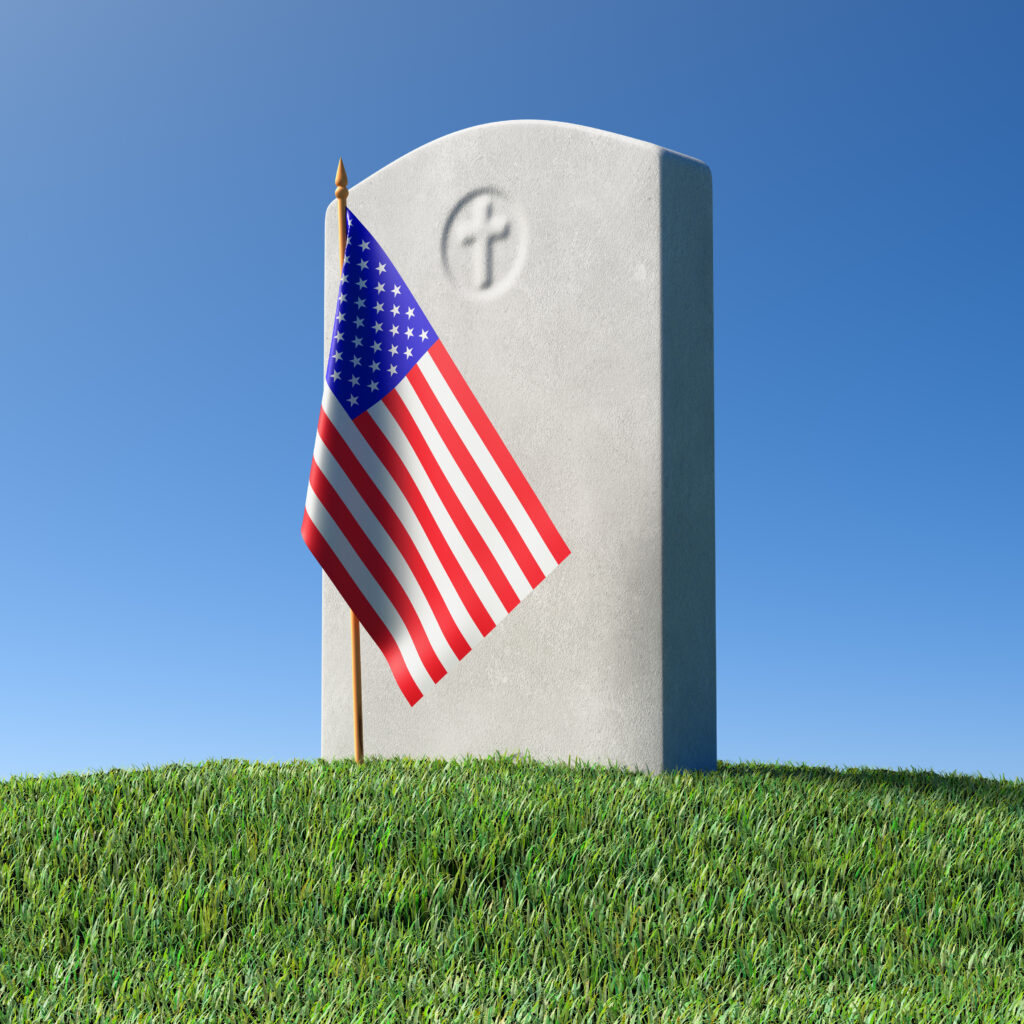For Veterans and active-duty service members to get a headstone or marker
A Veteran who didn’t receive a dishonorable discharge or a service member who died while on active duty may be eligible for a headstone or marker if they meet these requirements.
At least one of these must be true:
- The Veteran or service member died on or after November 1, 1990, and their grave is currently marked with a privately purchased headstone, or
- The Veteran or service member was buried in an unmarked grave, anywhere in the world
Note: If the Veteran or service member served before World War I, we require detailed documents, like muster rolls, extracts from state files, or the military or state organization where they served.
And for Veterans who served as enlisted personnel after September 7, 1980, or as officers after October 16, 1981, at least one of these must also be true:
- The Veteran served for a minimum of 24 months of continuous active duty, or
- The Veteran died while serving on active duty

A spouse or dependent child buried in a national cemeter, state o tibal Veterans cemetey, military post cemetery, or ilitary base cemetery may be eligible for a headstone or marker. They may still be eligible even if they die before the Veteran. In most cases we provide one gravesite and a single headstone for all eligible family members. But is two Veterans are married and we receive a request for separat gravesites and headstones, we can provide side-by-side gravesites with separate headstones.
Spouses and dependent children buried in a private cemetery aren’t eligible for a headstone or marker. But they may be eligible for a headstone or marker. But they may be eligible for an inscription on the Veteran’s headstone or marker in a private cemetery.